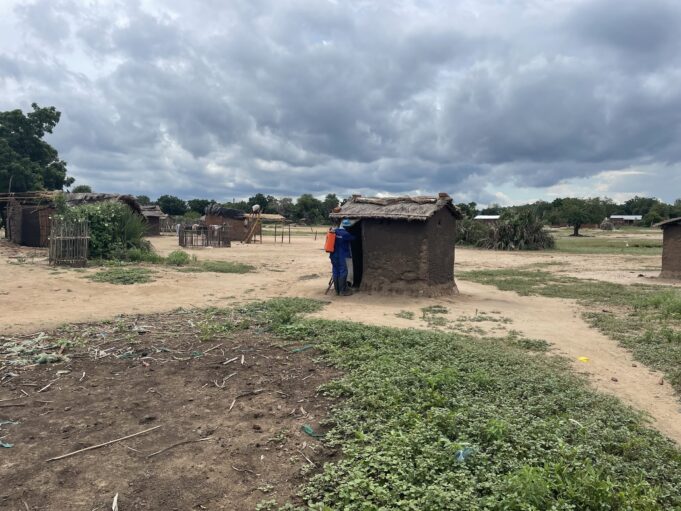Implications of the Invasion of Ukraine on Food and Fertilizer in Africa
A recent United Nations Development Programme (UNDP) report highlights how African countries are particularly vulnerable to the impacts of the war due to the continent’s reliance on imports from Ukraine and Russia.
In all nine countries in Africa where we have active programs, Country Directors report disruptions to the food system, including soaring prices of critical foods, like wheat, maize and cooking oils, fertilizers and other agricultural inputs, and the fuel needed to transport it.
Hear from local leaders Samuel Afrane, Dr. Daisy N. Owomugasho, Teshome Shibru and Evariste Yagho on the issue of food system disruption in local communities:
Photo above: Malawi, 2022, Photo for The Hunger Project
Samuel Afrane, Country Director in Ghana
Dr. Daisy N. Owomugasho, Country Director in Uganda
Teshome Shibru, Country Director in Ethiopia
Evariste Yagho, Country Director in Ethopia
Food Imports
Compounded by the ongoing climate change crisis and COVID-19 pandemic, the invasion of Ukraine contributes to the global rise in hunger. In 2020, up to 811 million people faced chronic, persistent hunger — nearly 420 million in Asia, over 280 million in Africa, and at least 60 million in Latin America and the Caribbean.
Dr. Daisy N. Owomugasho, Country Director in Uganda
“Uganda hasn’t been immune from the Ukraine war’s fallout on global economic activities. Bread for example has become almost unaffordable to an ordinary Ugandan due to the soaring prices of wheat and fuel.”
Fertilizer Prices
With almost 18% of its fertilizer imported from Russia, Samuel Afrane, Country Director in Ghana, projects, “If this continues for over 12 months, the effect on food security will be severe.”
The UN Global Crisis Response Group on Food, Energy and Finance released a report stating that the current food and fertilizer situation in Africa is time-sensitive and urgent due to the upcoming planting season. The lack of access to adequate fertilizer may compromise the livelihoods of millions of people across the continent.
Investing in Local Economies
Now more than ever, we must invest in local economies and prioritize local innovation.
Grace Chikowi, Country Director in Malawi
“There is a growing interest to venture into value addition by local cooperatives-instead of selling soybean as a raw material, process it into cooking oil.”
At The Hunger Project, we see every day that investments in the resiliency of communities are key to addressing the current food crisis and others that may emerge. In this time of global turmoil, it’s critical that we invest in local capacity. As a global community, we need to drive investments toward strengthening the capacity of smallholder farmers, decreasing the reliance on external inputs, and diversifying livelihoods.

